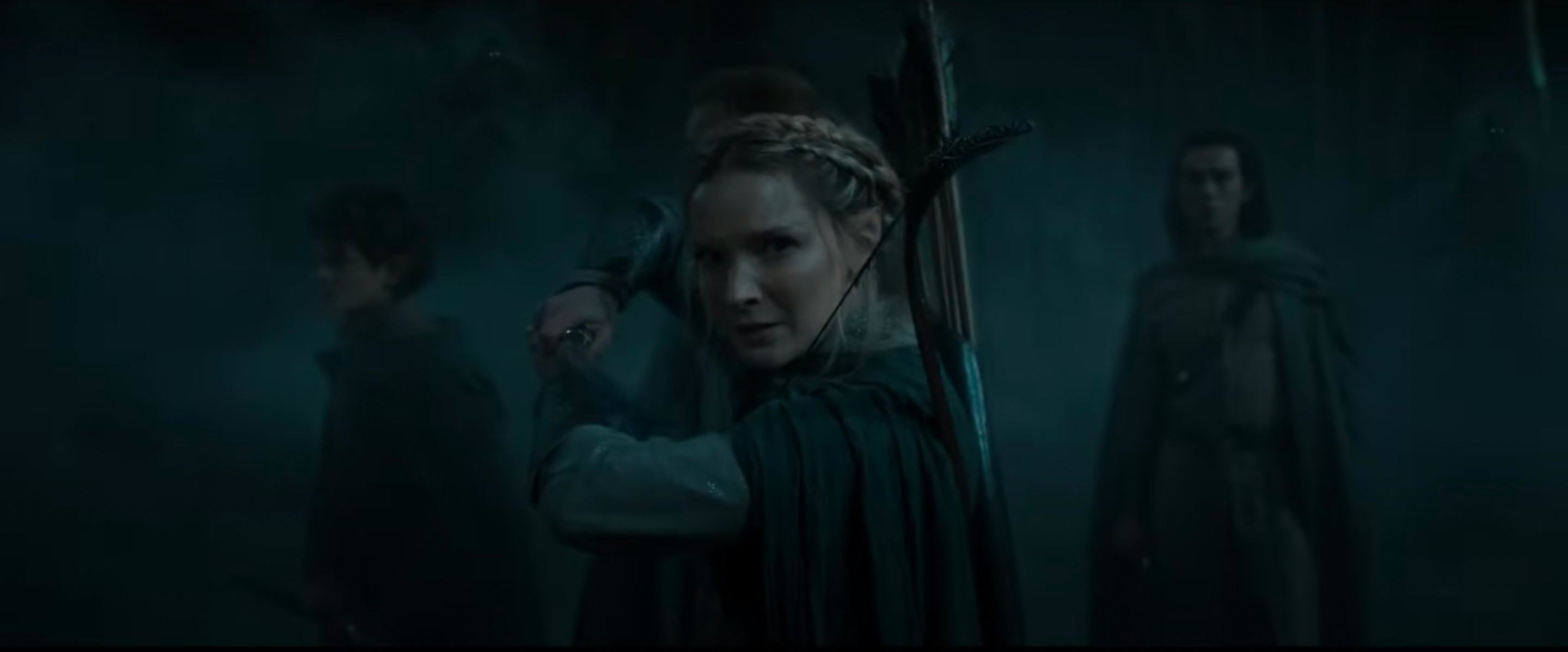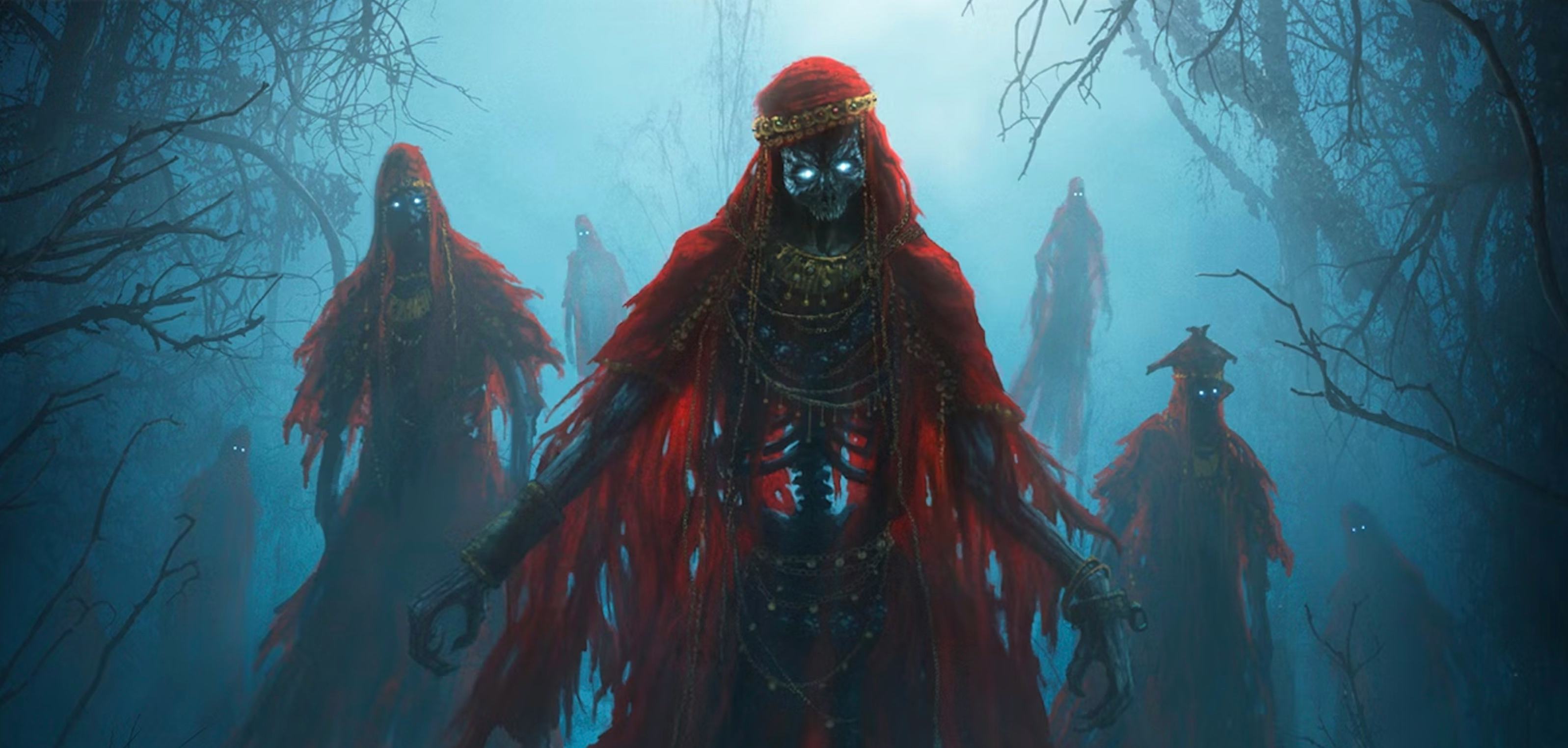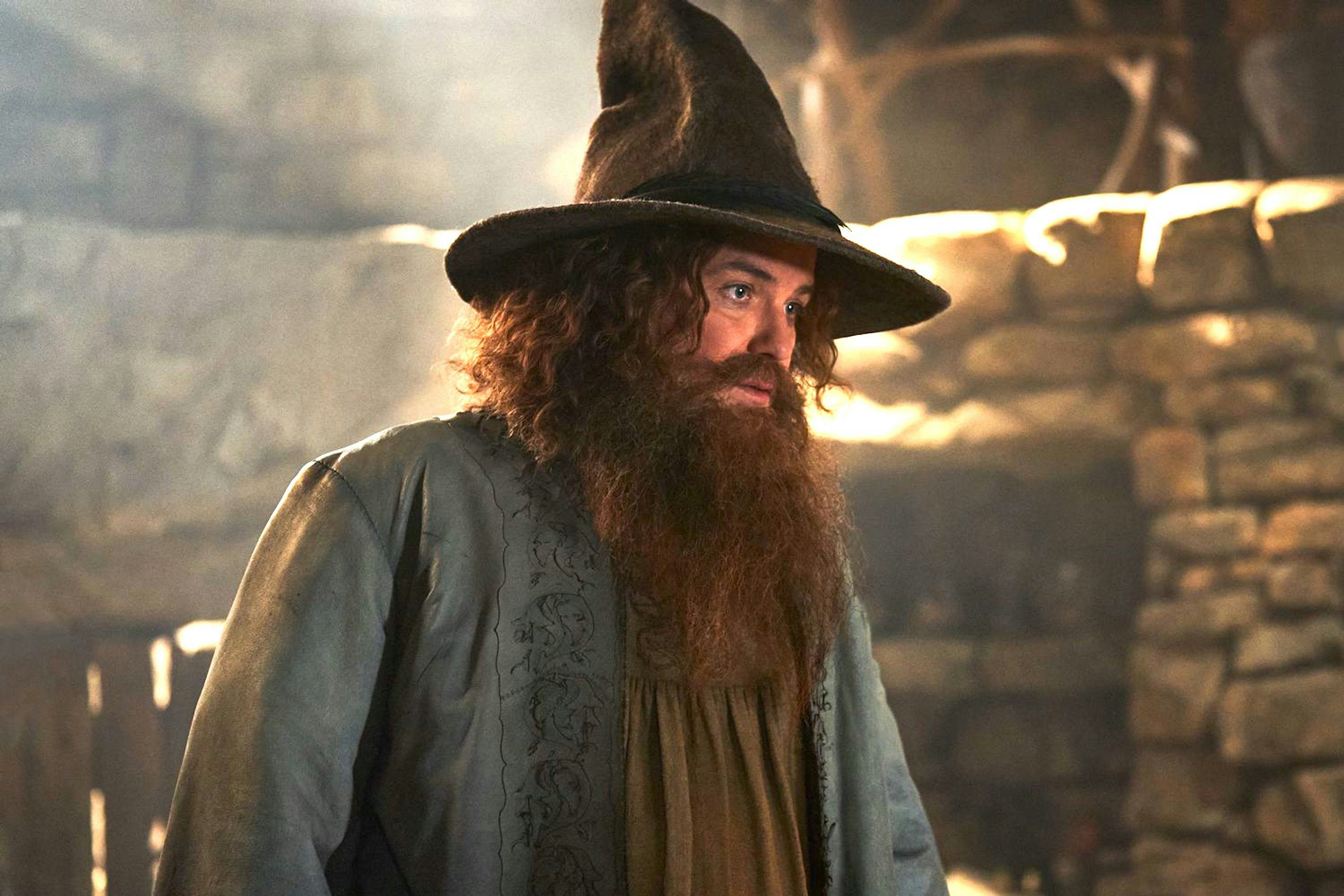
It’s tough to pick the creepiest villains in all of Middle-earth. As scary as the Dark Lord Sauron is throughout The Lord of the Rings, the Orcs are fairly terrifying, too. And in The Hobbit, you’ve got the introduction of Gollum, not to mention the wicked dragon Smaug. Now, with Season 2 of The Rings of Power, one variety of Middle-earth monster will be making its onscreen debut, and these creatures are older than Ringwraiths and Trolls put together. Never before fully seen in a live-action version of Lord of the Rings, the wicked Barrow-wights will crash The Rings of Power Season 2. And in doing so, they’ll hopefully help to restore everyone’s appreciation of a very underrated section of The Fellowship of the Ring.
In an exclusive reveal over on Empire, Rings of Power VFX supervisor Jason Smith said: “We’ve seen undead before, but not like this. We’re doing a little horror movie in Middle-earth.” But what are the Barrow-wights? If you’re not a hardcore Tolkien fan, here’s why you should be freaking out right now.
Barrow-wights explained

According to the 1978 book The Complete Guide to Middle-Earth, Barrow-wights are defined as “Evil spirits from Angmar who invested the Great Barrows after [The Third Age] 1639. The wights tried to entrap people in the barrows and then sacrifice them.”
Speaking to Empire, Smith added: “The Barrow-wights are ancient, reanimated heroes, acting for evil against their will.”
If you’re having a hard time remembering these ghouls, they appear in the first half of The Fellowship of the Ring, specifically Chapter 8, “Fog on the Barrow-Downs.” At this point in the novel, Frodo, Sam, Merry, and Pippin have just left Tom Bombadil’s house, and are preparing to move out of the Shire. Tom has warned them that if they get into trouble, they need to sing a little song about him and he’ll appear. Sure enough, all four hobbits get drowsy, and before you know it, they’re all about to be sacrificed by a creepy hand of Barrow-wight “walking on its fingers toward Sam.”
Frodo is only able to save his friends by singing the song of Tom Bombadil, who reappears, and says, among other things, “Get out, you old Wight!” The origin of the Barrow-wights isn’t explored much in The Fellowship, though Frodo is aware of the legend, thinking at one point before rescue: “he was probably already under the dreadful spells of the Barrow-wights about which whispered tales spoke.”
So by the time of the first Lord of the Rings book, the Barrow-wights have been floating around in ancient stories of antiquity. But because The Rings of Power is a prequel set thousands of years before The Hobbit, it might reveal the origins of the Barrow-wights.
The Tom Bombadil connection

It shouldn’t come as a surprise that the Barrow-wights are making an appearance in The Rings of Power Season 2. In The Fellowship of the Ring, everything about the Barrow-wights is connected to the three chapters in which Tom Bombadil appears. These chapters were not adapted for the Peter Jackson film trilogy, and Rory Kinnear’s take on Tom Bombadil is set to be the first major onscreen version of the mysterious and magical character. But the Tom Bombadil of The Rings of Power will be much, much younger than the person who appears in The Fellowship, and it’s unclear at this point if he even lives with his wife Goldberry yet.
In The Fellowship of the Ring, Tom’s beef with the Barrow-wights is ancient, meaning in Rings of Power Season 2, we’ll likely see the specific origins of how Tom first fought the Barrow-wights, and perhaps more details about the Old Forest in which he and the wights reside. All of this adds up to cool Easter eggs for hardcore Tolkien-heads. But, the more profound impact is that the inclusion of the Barrow-wights and Tom Bombadil all helps to restore the honor and reputation of the first several chapters of The Fellowship. Peter Jackson’s version essentially leap-frogs the Hobbits’ journey over several chapters and gets everybody to the Prancing Pony (Chapter 9) as quickly as possible.
Some might say this decision was the right one to keep the film moving. This line of thinking asserts that not a lot happens between chapters 4 and 8. But, a quick re-reading of the novel will reveal that’s simply not true. As the hobbits bump up against the boundaries of the Shire, this portion of The Fellowship mirrors the early structure of The Hobbit and allows for us to get to know Merry, Pippin, Sam, and Frodo as they react to all sorts of dangers great and small. And despite the conventional wisdom that Tom Bombadil and the Barrow-wights are a subplot or side-quest, the truth is, these events are paced extremely well and help to raise the stakes for the rest of the book.
The Hobbits only escape the Barrow-wights because of the power and benevolence of Tom Bombadil. But, when they pass beyond his influence things get much, much more stressful. These chapters are sometimes remembered as cozy and superfluous. But they’re the opposite. Tom and the Barrow-wights are essential parts of the overall world-building brilliance of the legend of Middle-earth. Bringing all of this back is more than a deep cut. It’s a comeback.







